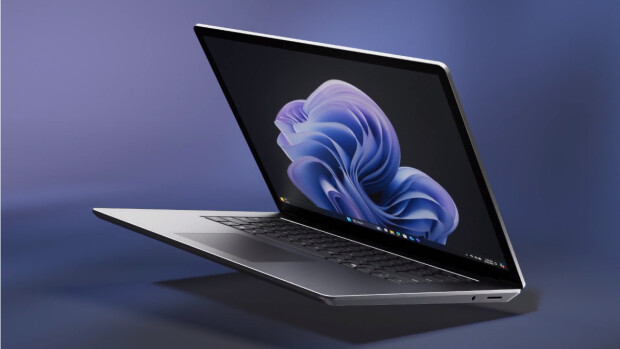Intel has quietly made available the first member of what next year will become a new generation of mobile Celeron processors.
The chipmaker has begun shipping a new 800MHz "ultra low voltage" Celeron chip to tablet PC manufacturers such as Motion Computing, a company spokesperson said. New mobile Celeron processors don't always make headlines, but the 800MHz chip marks the beginning of a transition for the Celeron line to a new generation of underlying technology--a few months earlier than expected. Unlike past mobile Celerons, which were based on the Pentium III-M or the Pentium 4, the ultra-low-voltage chip borrows its circuitry from Intel's more recent Pentium M. The company had been expected to make the circuitry transition in the first quarter of 2004.
The Celeron chip, which appears in tablets such as the Motion M1300, serves as an alternative to Intel's flagship mobile processor, the Pentium M, or its aging Pentium III-M for the smallest mobile computers, such as tablets. "We are targeting some specific mobile markets with the ULV mobile Celeron with Banias technology," said Mary-Ellin Brooks, an Intel spokeswoman. Banias was Intel's code name for the Pentium M. It makes sense for Intel to release the 800MHz ultra low voltage Celeron chip now because it can replace the Pentium III-M chip and, at the same time, complement the Pentium M by working with the same supporting chips. It also shares the Pentium M's 400MHz bus, or data pipeline. That means PC makers don't have to equip their less-expensive tablet models with their own specific hardware or try to wedge in mobile Celerons based on the Pentium 4, which typically use more power and produce more heat than the Pentium M.
![]() News source: C|Net News.com
News source: C|Net News.com















-1 Comments - Add comment